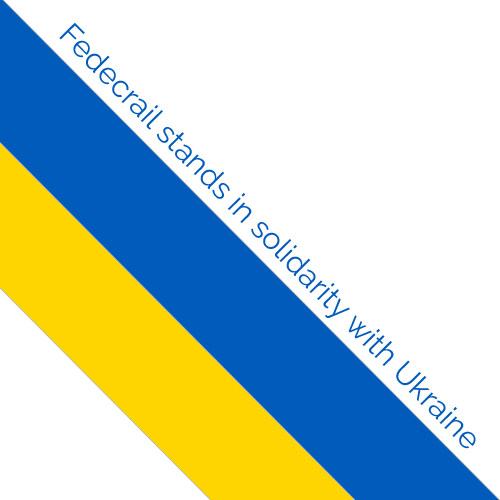The European Commission is a crucial executive body of the European Union, responsible for proposing legislation, implementing decisions, upholding the EU treaties, and managing the day-to-day operations of the EU. Serving as the EU’s politically independent executive arm, the Commission plays a key role in shaping the continent’s future by initiating legislation on issues ranging from environmental protection to economic governance.
Structured similarly to a government cabinet but serving the interests of the EU as a whole rather than any one country, the Commission is composed of Commissioners from each EU member country. Despite each Commissioner coming from a different member state, they are committed to representing the interests of the Union as a whole rather than their home country.
The Commission operates under the leadership of a President, who sets the overall policy agenda and oversees the allocation of portfolios to other Commissioners. Each Commissioner is responsible for specific policy areas, such as trade, agriculture, or transportation. The Commissioners are supported by a large staff led by a Director-General, who helps implement policies and manage the day-to-day operations in each specific department, known as Directorates-General.
The European Commission is not only the sole body that proposes European laws (legislative initiatives), but it also enforces EU laws (together with the Court of Justice), and allocates EU funding as per the budget agreed by the European Parliament and the Council. Additionally, it represents the EU internationally, negotiating agreements between the EU and other countries.
In relation to the European Union Agency for Railways, the Commission has a direct connection. This agency, which focuses on the safety and interoperability of rail systems across the EU, operates under the auspices of the European Commission. The Commission oversees the agency, ensuring that its activities align with broader EU policies and goals regarding transport safety and efficiency. This includes setting mandates for the agency to follow, funding it, and integrating its outputs into the EU’s legislative framework. This relationship helps streamline and harmonize rail transport standards across all member states, thereby facilitating a more connected and efficient European rail network.
Overall, the European Commission is vital for the smooth functioning and integration of the European Union, driving forward policies and ensuring that the agreements and rules of the EU are faithfully followed across all member states.


